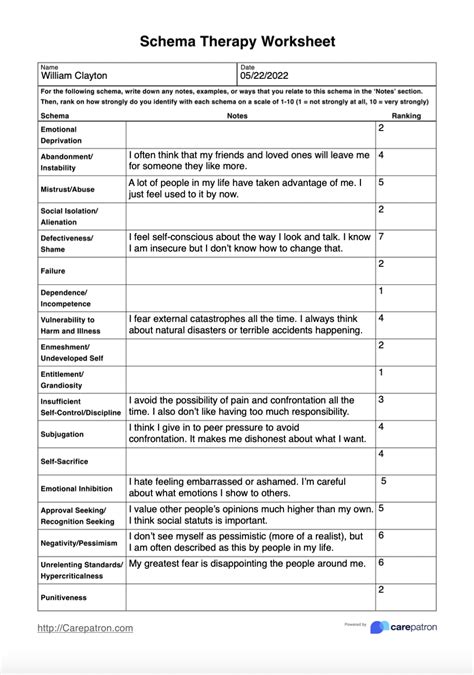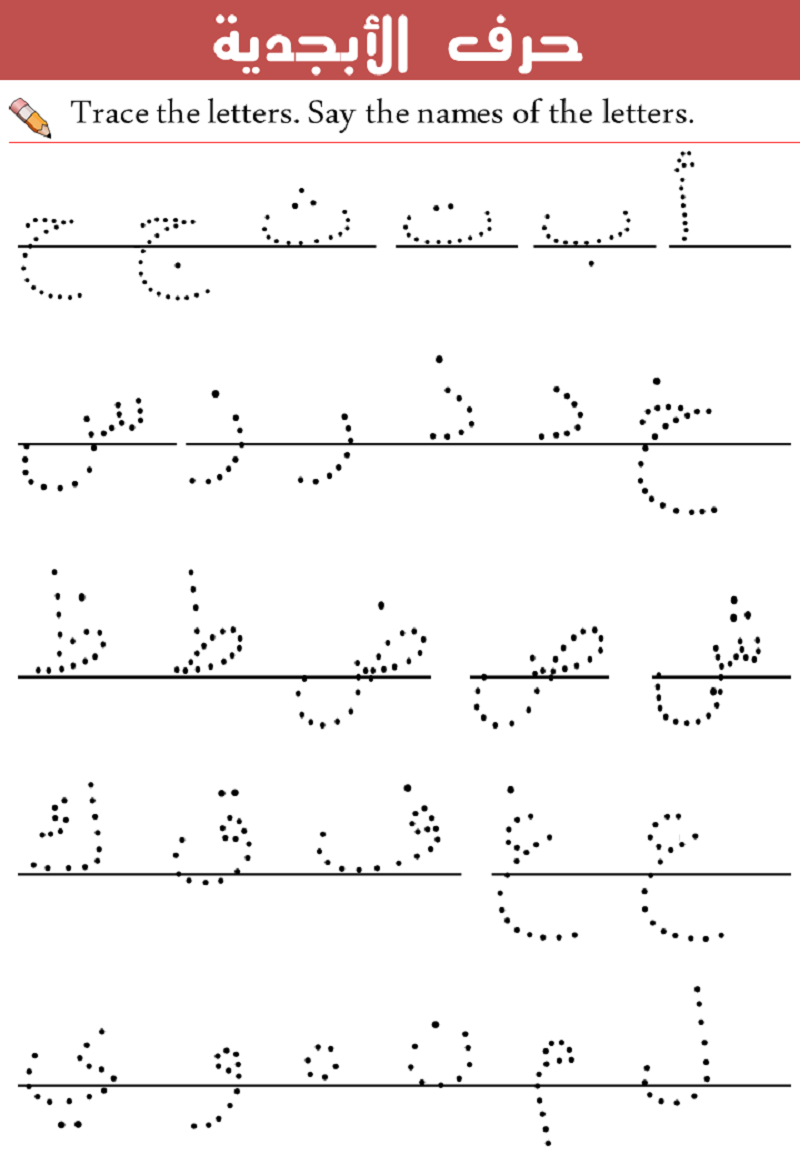Schema Therapy Worksheet: Heal Your Core Emotional Patterns

In the vast landscape of psychology, Schema Therapy emerges as a profound and transformative approach. Developed by Dr. Jeffrey Young, this therapeutic technique delves deep into the origins of our emotional and behavioral patterns. Unlike traditional cognitive behavioral therapies that focus on current issues and quick symptom relief, Schema Therapy aims to heal longstanding, self-defeating life patterns, known as schemas, which we've carried since childhood. Let's explore what Schema Therapy entails and how you can use it to heal your core emotional patterns.
What is Schema Therapy?


Schema Therapy was designed to treat people with chronic or long-standing psychological conditions. It integrates several traditional psychotherapeutic approaches, including cognitive, behavioral, psychodynamic, and gestalt therapies. The core idea is to help individuals recognize, understand, and ultimately change the maladaptive schemas—the core beliefs and emotional patterns that shape their interactions with the world.
Understanding Schemas

Schemas are emotional and cognitive patterns that develop from unmet needs or negative life experiences during our formative years:
- Disconnection and Rejection - feeling isolated, unlovable, or unsafe.
- Impaired Autonomy - feeling incapable or overwhelmed with life’s demands.
- Impaired Limits - having difficulty with setting boundaries or following through on tasks.
- Other-Directedness - excessively focused on the desires of others at the expense of one’s own needs.
- Overvigilance and Inhibition - being overly controlled or self-critical.
The Schema Therapy Process

The process of Schema Therapy includes several steps:
- Assessment - Identifying the key schemas that are affecting your life.
- Emotional Awareness - Learning to identify and label your emotions accurately.
- Schema Activation - Recognizing when schemas are triggered.
- Limited Reparenting - The therapist acts as a “good parent” to the client’s inner child, providing the nurturing, safety, or guidance that was missing in childhood.
- Schema Modification - Confronting and modifying dysfunctional schemas through cognitive, experiential, and behavioral techniques.
- Healthy Adult Mode - Developing a more balanced and functional mode to counteract maladaptive schemas.
Healing Your Core Emotional Patterns

To begin the healing process, consider the following worksheet-inspired steps:
1. Identify Your Schemas

Use a schema questionnaire or consult with a therapist to pinpoint which schemas might be prevalent in your life. This could involve reflecting on your childhood experiences, relationship patterns, or persistent life themes.
2. Understand the Origins

Once identified, delve into the origins of these schemas. Reflect on or discuss with your therapist the experiences that led to these beliefs:
- How did your family environment shape these schemas?
- Were there specific events or relationships that reinforced these patterns?
3. Emotional Awareness

Become attuned to your emotions. Here are some activities to enhance emotional awareness:
- Keep an emotions journal to track feelings and triggers.
- Practice mindfulness or meditation to stay present with your emotions.
⚠️ Note: Recognizing emotions is not about changing them but understanding them.
4. Limited Reparenting

Emulate the good parenting you might have missed by offering yourself:
- Compassion
- Nurturing
- Validation
5. Schema Modification Techniques

| Technique | Description |
|---|---|
| Cognitive Restructuring | Challenging and replacing negative schema-driven thoughts with more balanced ones. |
| Imagery Rescripting | Revisiting and re-imagining past experiences to change emotional outcomes. |
| Behavioral Experiments | Testing out new behaviors or thought patterns in real-life situations. |

6. Cultivating the Healthy Adult Mode

This involves:
- Setting healthy boundaries
- Engaging in self-care
- Making decisions based on your own needs
By consistently engaging in these steps, you work towards replacing maladaptive schemas with more functional beliefs and behaviors.
In essence, Schema Therapy offers a comprehensive pathway to healing by addressing the root causes of our emotional pain. It's a journey that requires introspection, patience, and often the guidance of a skilled therapist. By understanding and reshaping your core emotional patterns, you pave the way for a more fulfilling and authentic life. The beauty of this therapy lies in its adaptability, allowing individuals to find peace with their past, embrace the present, and navigate the future with greater self-awareness and autonomy.
How long does Schema Therapy typically take?

+
Schema Therapy can vary widely in duration. For some, noticeable changes can occur within a few months, while for others, particularly those with deeply ingrained schemas or complex conditions, therapy might extend over a year or more. The length of therapy depends on the individual's situation, commitment, and the complexity of the issues being addressed.
Can Schema Therapy be done without a therapist?

+
While self-help techniques and exercises from Schema Therapy can be beneficial, having a therapist provides a structured approach, personalized guidance, and the emotional support needed for profound schema change. However, books and online resources can supplement therapy or help individuals with milder issues.
What conditions can Schema Therapy help with?

+
Schema Therapy is particularly effective for personality disorders, chronic depression, anxiety, relationship issues, and other conditions where emotional patterns are deeply rooted. It's also beneficial for anyone looking to understand and change longstanding behavioral patterns.
How do I find a Schema Therapist?

+
Look for therapists who specialize in Schema Therapy. Professional organizations like the International Society of Schema Therapy (ISST) offer directories, or you can search through psychology or mental health associations in your region. Ensure the therapist is certified or has substantial training in Schema Therapy.



